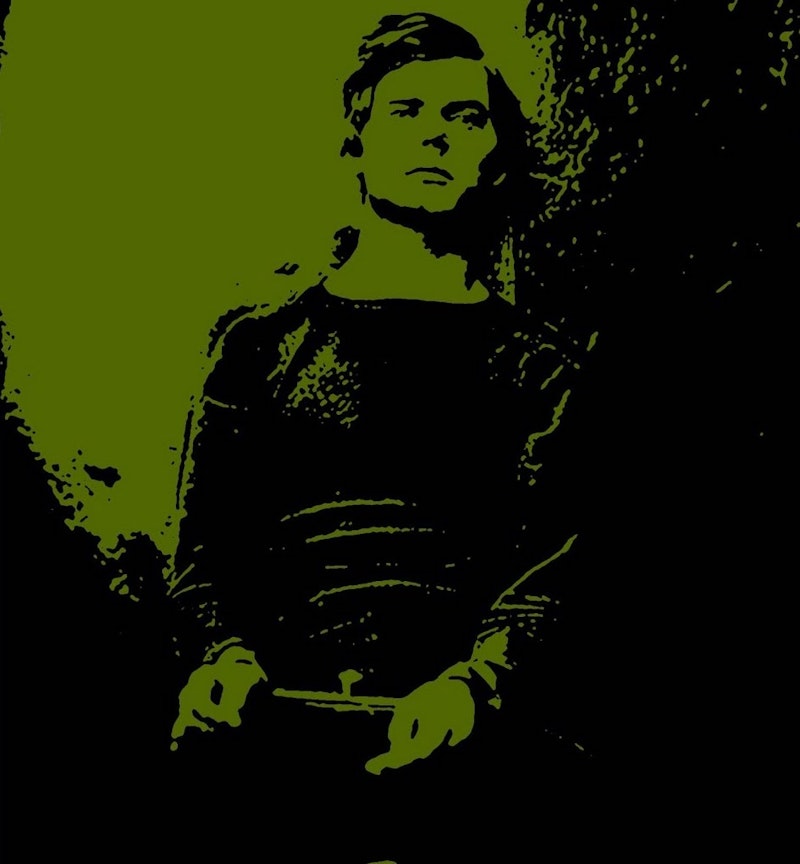On June 28, 2019, I defended my dissertation in the department of Comparative Literature at SUNY at Buffalo. It was a long time coming, like most dissertations are. Its title, “The Face of Eros,” was derived from my focus on the authenticity of human face and the unfolding of an erotic relation between a man and a woman. There were many intellectual fellow travelers in the process: the mysterious author of the greatest erotic poem ever written, The Song of Songs; and philosophers Emmanuel Levinas, Georges Bataille, and Plato.
Like most PhD candidates, by the time I was finished writing and defending it, I didn’t want to look at it ever again. It had many bumps along the road. One of them writing it. Little over two weeks before the defense, I had to scrap an entire chapter, and start over. The defense wasn’t postponed and through an act of will, I wrote a new chapter that nicely completed my analysis of the erotic.
One of my reflections in the dissertation was on masks, both theater and symbolic. The question that penetrated my mind was whether we’re our authentic selves if we wear masks, if we hide our being from others, and if we refuse to look in the mirror. The face represents the central meaning of an encounter. The question of who we are can’t be answered by going inward but by continuously asking who we are in relation to each other. Symbolic masks can be exits and entrances between different worlds, both interior and exterior. They can speak truth or revel in the lies of life that chip away at the marble of the soul until there’s nothing left.
The meaning and use of masks depend on embodiment. We’re creatures made of flesh and the physicality of our relations reinforces our place in the world. The stability of time and space is often fragile but the existence of these two components is what gives us meaning as we sift through the junk and treasure of our lives. In time and space, we’re embodied, and we choose to be who we are. Hopefully, we are not totalized: objectified and molded based on external, ideological factors. We choose whether to reveal or conceal ourselves to others. We choose our comfortable levels of vulnerability, and whether we authentically show who we are.
This authenticity is becoming harder to find. People have always hidden behind one mask or other, but today, we’ve replaced the symbolic mask with a surgical one. The discussion on masks now only seems to apply to Covid. It’s as if an entire philosophical, literary, theatrical, and art history of masks and faces has been erased. Spheres of life, which are supposed to be practical, have become performative. For many, Covid masks are either fashion accessories or signs of moral superiority. People are relating to each other based on ideology. They’ve allowed themselves to become the meaningless cogs of the bio-political machine that, much like Twitter or Facebook, keeps optimizing itself for the purposes of someone else’s profit. This is oligarchical capitalism gone wild, in which any shred of human singularity has disappeared.
In Camera Lucida: reflections on photography (1980), Roland Barthes writes that “Society, it seems, mistrusts pure meaning [of the mask]: It wants meaning, but at the same time it wants meaning to be surrounded by a noise (as is said in cybernetics) which will make it less acute.” The question of the “pure meaning” of the mask should make us stop and rethink (or in our limp and milquetoast society, simply think) the way we see human faces, and the way we are seen. We exist but with a surgical mask operating on the level of compulsive safety-ism, we’re suspended in both time and space. Most of the world right now is suspended because we’re stuck in a repetitive pattern of strangely meaningless symbols. There’s no future because Covid will continue indefinitely, there’s no present because there’s no future, and there’s no past because we’re starting from zero. Or so they say.
To see someone’s face and to be seen in return opens up the mystery of being. The authoritarians are always in the process of denying human singularity. To counteract this, we should embrace another’s face as well as our own. The mirror doesn’t have to be the enemy. There’s a prerequisite in this: one must see the reality of masking for what it is. The Covid mask is only a tool of oppression, which erases not only the face but also the possibility of questioning. The compulsive need to be safe and protected from Covid is only a secondary result. The primary fear is the fear of meaning and life itself.
“At the limit, no meaning at all is safer,” writes Roland Barthes. “The editors of Life rejected [André] Kertész’s photographs when he arrived in the Unites States in 1937 because, they said, his images ‘spoke too much’; they made us reflect, suggested a meaning—a different meaning from a literal one.” The image of a visage is “subversive not when it frightens, repels, or even stigmatizes, but when it is pensive, when it thinks.”
The human face wants to see and be seen but not by another surgically-masked, anonymous nobody or, even worse, by the cyber panopticon. The vision of a face is a call to ethical responsibility (this is what philosopher Emmanuel Levinas has presented to us), as well as an invitation to meaning. In order to explore the meaning of ourselves and others, the Covid dull killing of the spirit needs to disappear. It induces boredom and listlessness. How can we expect to reflect on the meaning of anything if we’re forcibly suspended in the cruelty of false time and false space, and the only thing that is maintaining this inauthentic social hierarchy is an anonymous, optimizing panopticon? Be it love or suffering or hatred, the face illuminates everything.

